Gardeners warned to leave this super slug alone - it protects plants (and kills off other slugs)
Say hello to the one slug you'll actually want slithering around your garden...
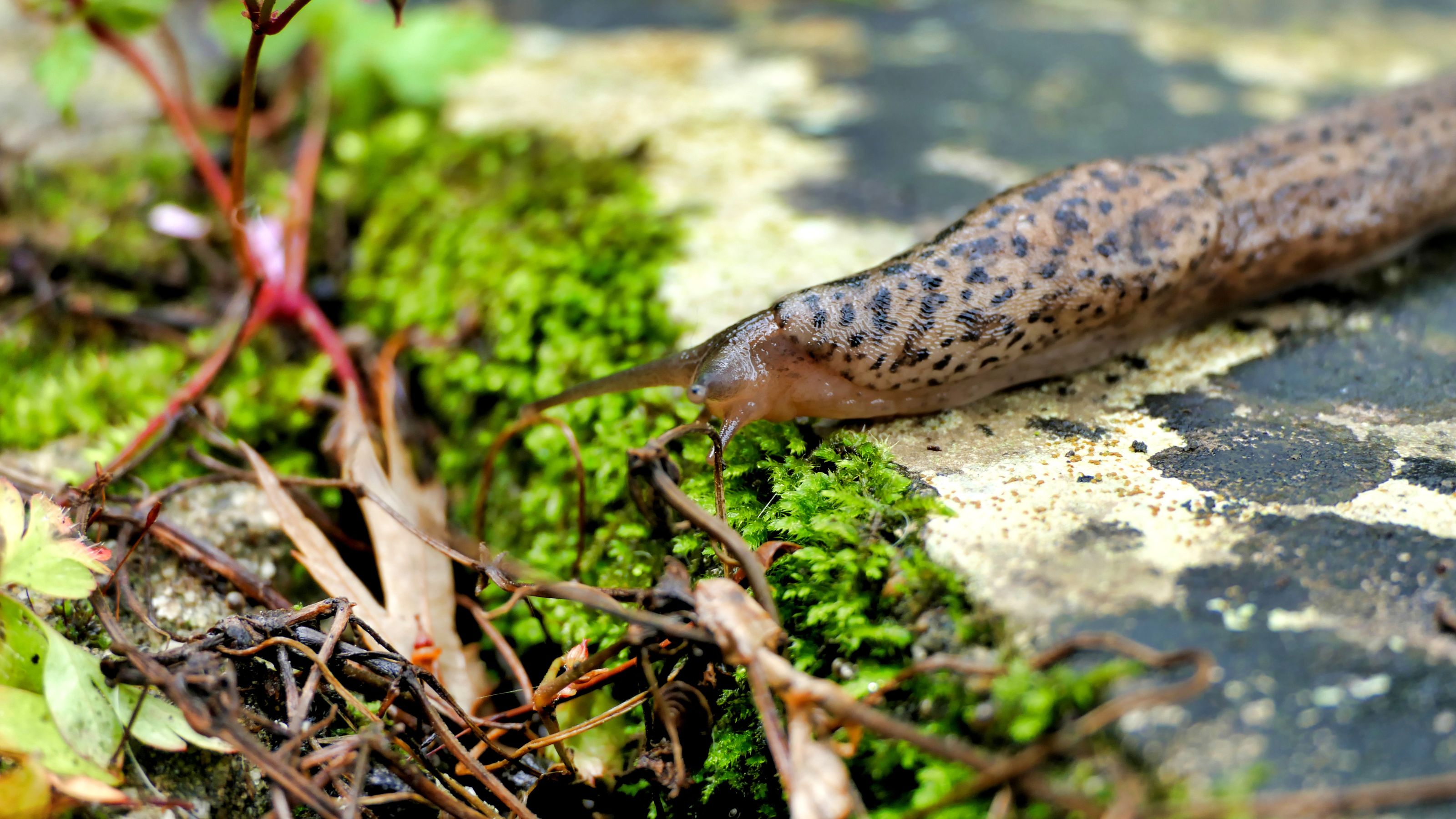

Let's face facts: slugs get a lot of bad press, especially when it comes to gardening. As it turns out, though, there's one so-called 'super slug' that could be about to change all of that – not least of all because it kills off all the other pesky slugs that want to get at your hostas.
Most gardeners have a preferred method when it comes to getting rid of slugs, from slug tape to salt. As it turns out, though, green-fingered types are being urged to take a beat before going on a slug-killing rampage, as there's one rare type that they'll actually want making a home in their gardens.
We're talking, of course, about the leopard slug. Here's what you need to know.
The super slug that every gardener should befriend
The leopard slug (also known as the great grey slug) is an easy one to identify, thanks to its striking spots and incredible size. In fact, these critters can reach up to a whopping 16cm in length!
'If you spot a leopard slug in your garden, don't despair as this species is not regarded as a plant pest,' explains BBC Countryfile, who notes that this particular slug species doesn't like to eat living plants.
Instead, they prefer to chomp down on fungi such as mushrooms, as well as dead plant or animal matter.
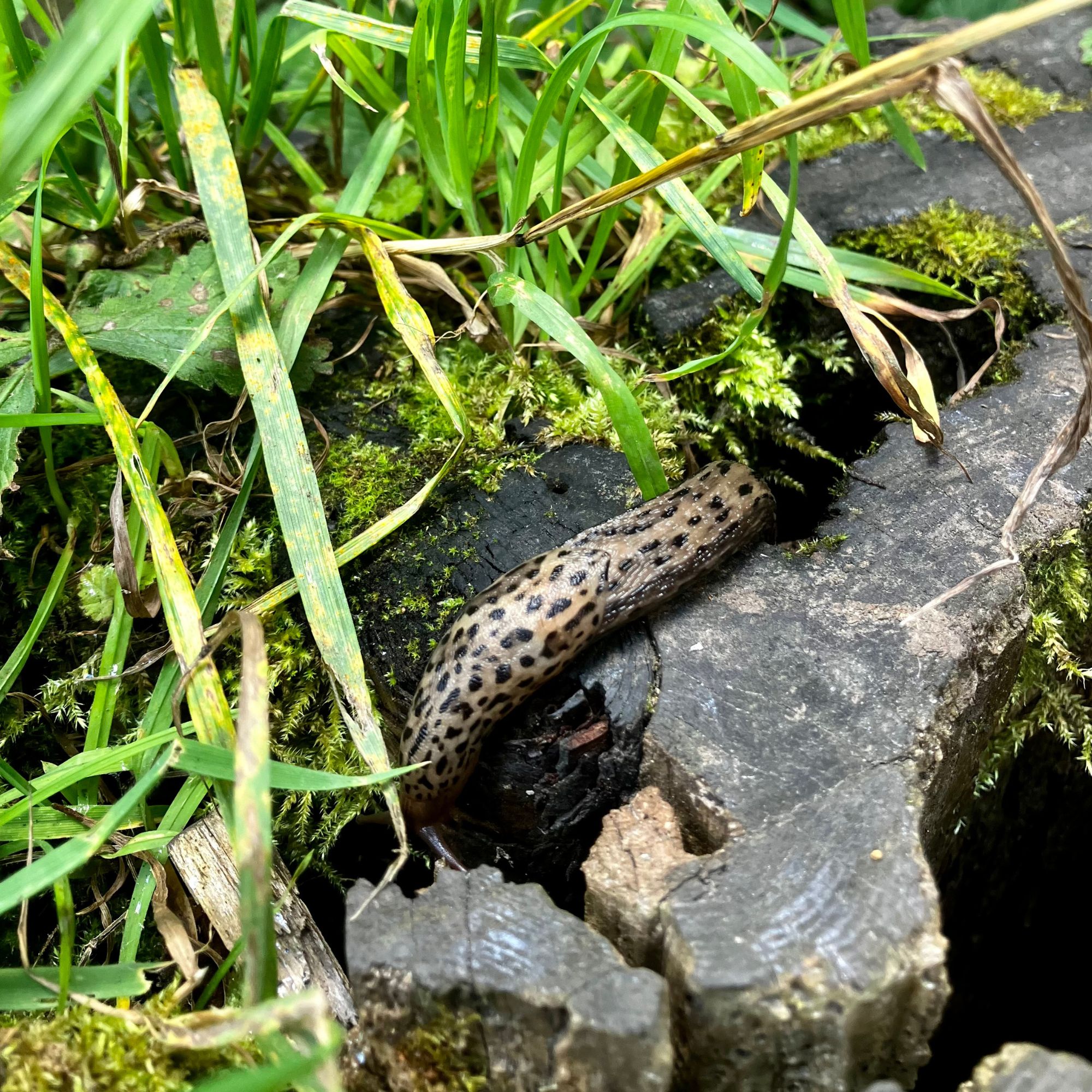
The Wildlife Trusts agree, adding that leopard slugs 'can be helpful in warding off other species of slug and therefore protecting plants from grazing' – which is excellent news for your small vegetable garden.
Get the Ideal Home Newsletter
Sign up to our newsletter for style and decor inspiration, house makeovers, project advice and more.
Dubbing this super slug 'one of nature's clean-up crew', the conservation charity advises that we make good on all of our favourite wildlife garden ideas and find a way to co-exist with these little critters for a happier, healthier garden all-round.
For example, you might like to try creating habitats by 'leaving log piles, mulch, and natural debris in garden areas, as 'these spaces offer shelter and a food source for these creatures,' they point out.
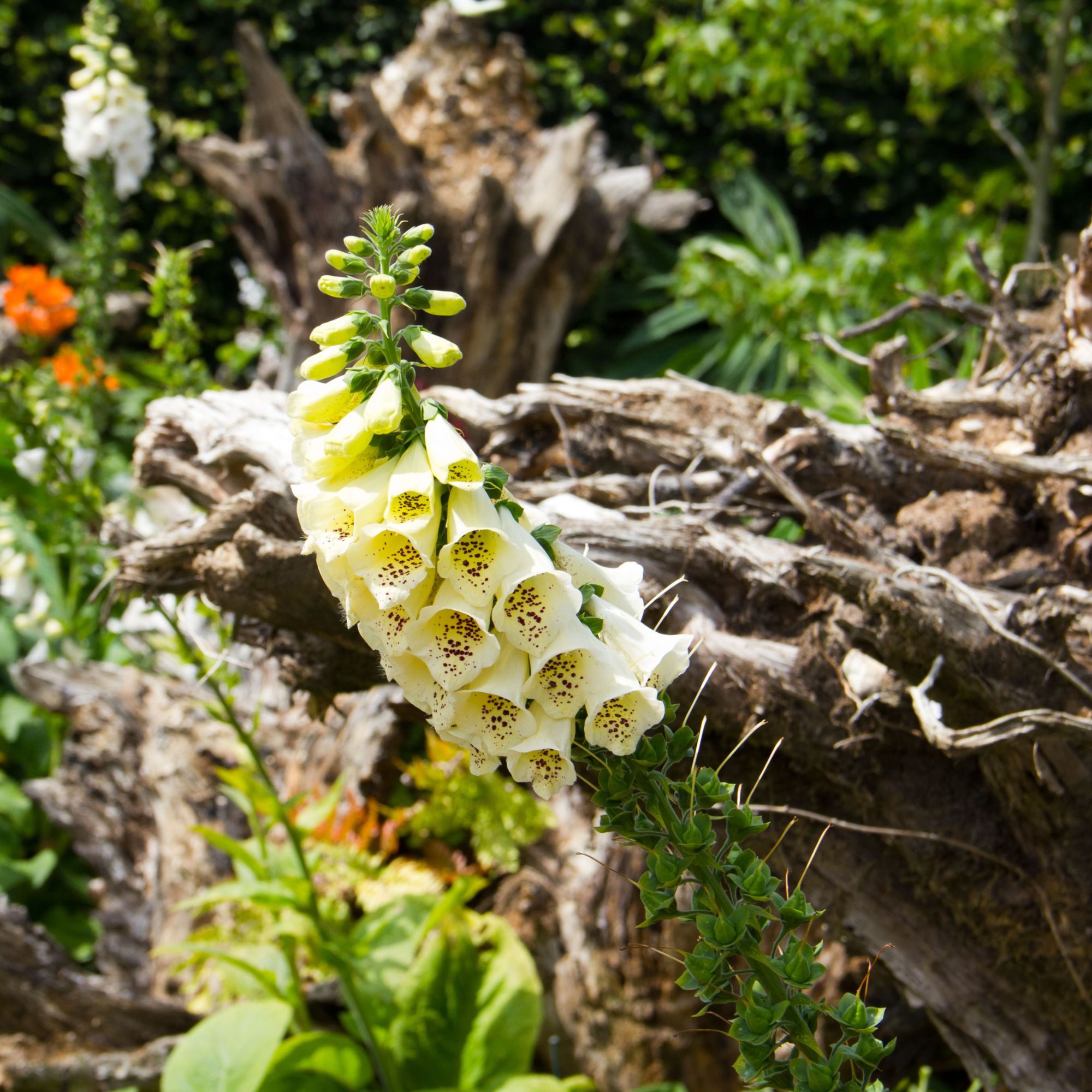
By encouraging natural predators like the leopard slug, continues The Wildlife Trusts, you'll find you will 'naturally regulate slug and snail populations [in your garden], keeping their numbers in balance'.
And just like that, we're now this super slug's biggest fan. Anyone else in the mood to track one down and gently persuade it to move into their garden...?

Kayleigh Dray became Ideal Home’s Acting Content Editor in the spring of 2023, and is very excited to get to work. She joins the team after a decade-long career working as a journalist and editor across a number of leading lifestyle brands, both in-house and as a freelancer.
-
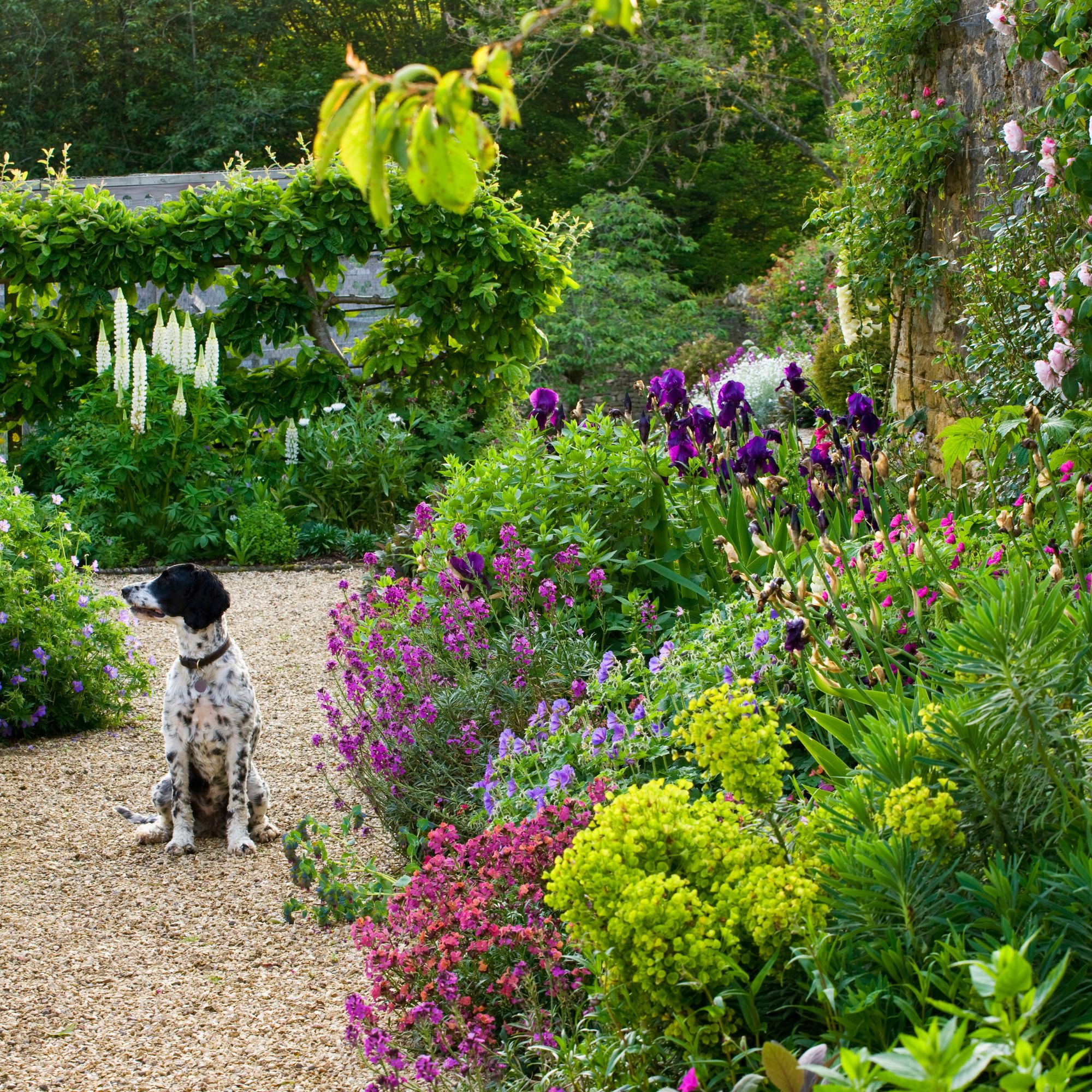 When to plant out annual flowering plants for vibrant, colourful garden borders – and give them the best start, according to experts
When to plant out annual flowering plants for vibrant, colourful garden borders – and give them the best start, according to expertsNot sure when to plant out annual flowering plants? We've got you covered...
By Kayleigh Dray
-
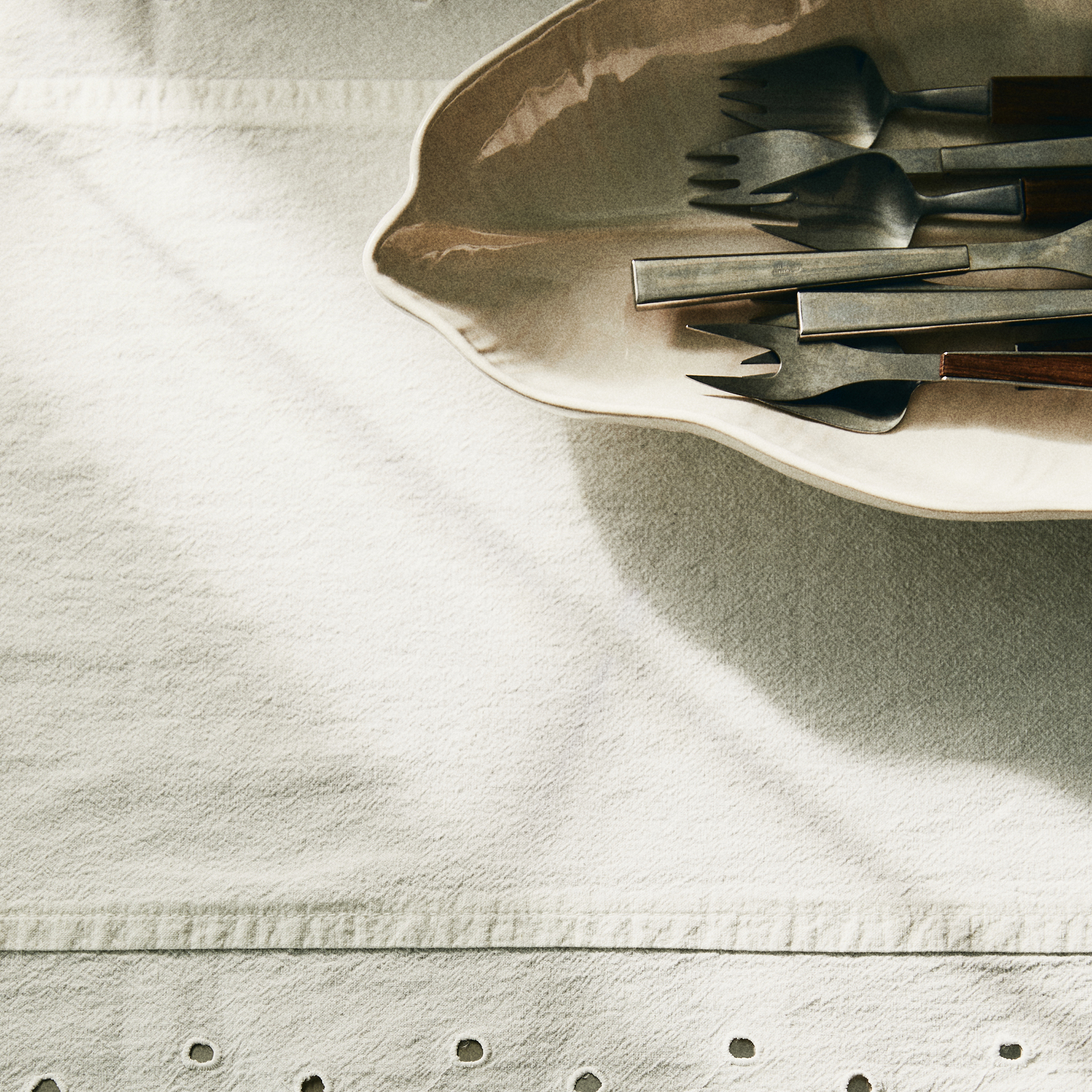 I'm a kitchen decor editor and didn't like this tableware trend - until I saw H&M Home's designer-look plates
I'm a kitchen decor editor and didn't like this tableware trend - until I saw H&M Home's designer-look platesThey made it easy to justify a new crockery set
By Holly Cockburn
-
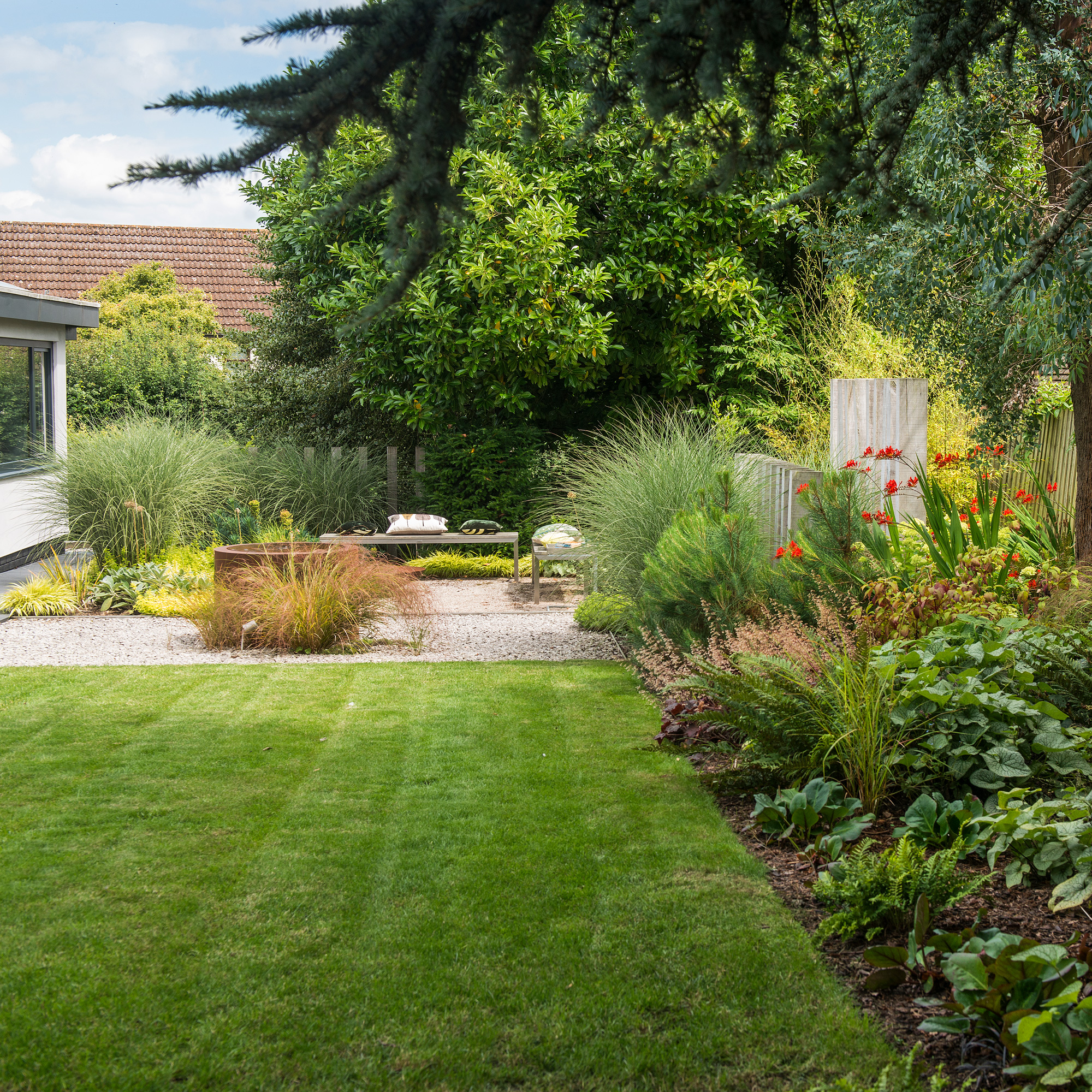 Garden expert reveals when to mow new turf and the 3 tell-tale signs your new lawn is ready to be cut
Garden expert reveals when to mow new turf and the 3 tell-tale signs your new lawn is ready to be cutIf you want a lush, green lawn, you mustn't mow new turf too soon
By Kezia Reynolds